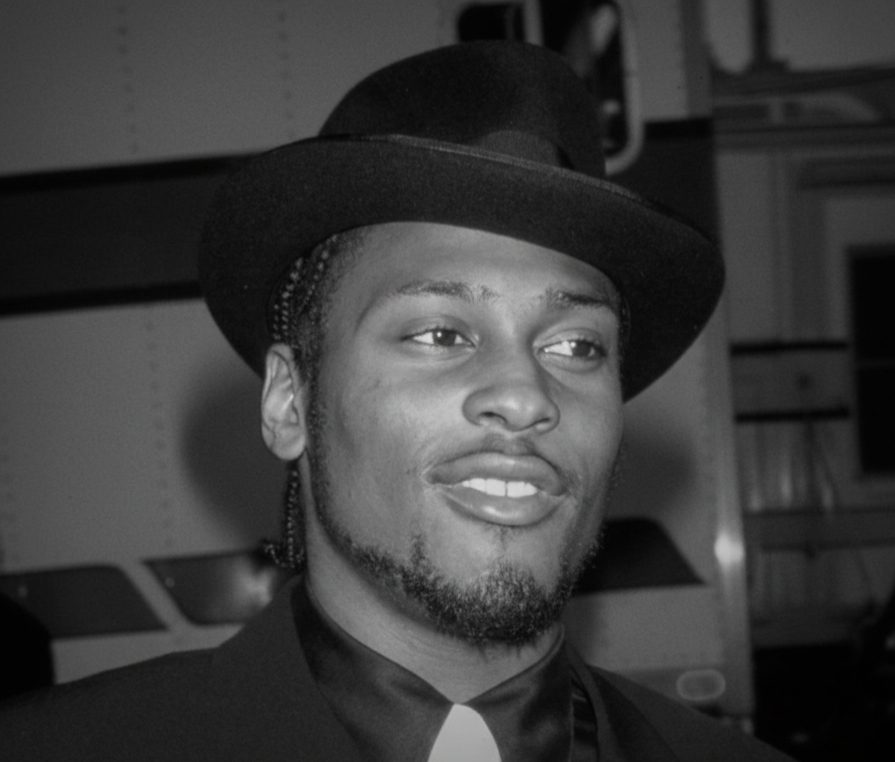Soul Icon D’Angelo, Whose Voice Redefined a Generation, Dies at 51 After a Private Battle With Pancreatic Cancer — A Legacy That Changed Music Forever
The music world is mourning the loss of one of its most soulful and influential voices. D’Angelo, born Michael Eugene Archer, has died at the age of 51 after a private battle with pancreatic cancer. The “Brown Sugar” singer, whose voice became the heartbeat of neo-soul in the late ’90s, passed away quietly, surrounded by family and close friends. News of his death, first reported on October 14, sent shockwaves through the industry and across generations of fans who grew up on the warmth and honesty of his sound.
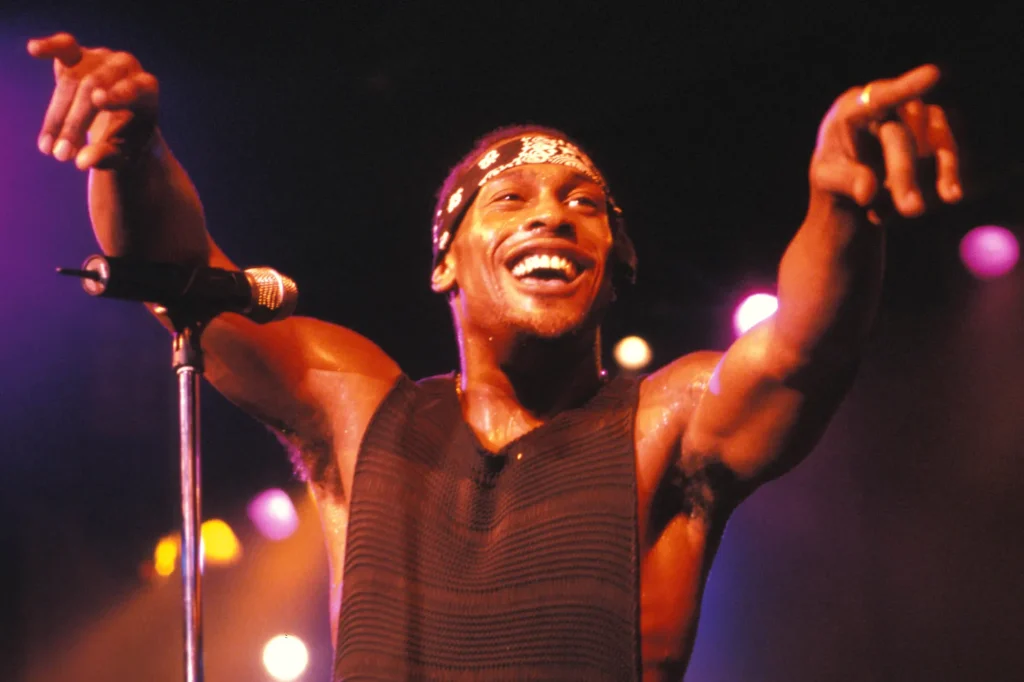
For three decades, D’Angelo was more than just a musician — he was a movement. Emerging from Richmond, Virginia, he was a self-taught prodigy who could blend gospel, jazz, funk, and R&B into something both timeless and revolutionary. His 1995 debut album Brown Sugar didn’t just mark his arrival; it redefined what soul music could sound like in a new era. With tracks like “Lady,” “Cruisin’,” and the iconic title song, he brought sensuality and spirituality together in a way that felt deeply human. His music wasn’t loud — it was felt.
D’Angelo’s follow-up album, Voodoo, released in 2000, would take that genius to new heights. The record earned him two Grammy Awards, including Best R&B Album, and produced the unforgettable “Untitled (How Does It Feel),” a song and video that became instantly iconic. Beyond the smooth vocals and stripped-down visuals, it was the emotional intimacy that drew people in. D’Angelo wasn’t performing — he was confessing, and the world was listening.
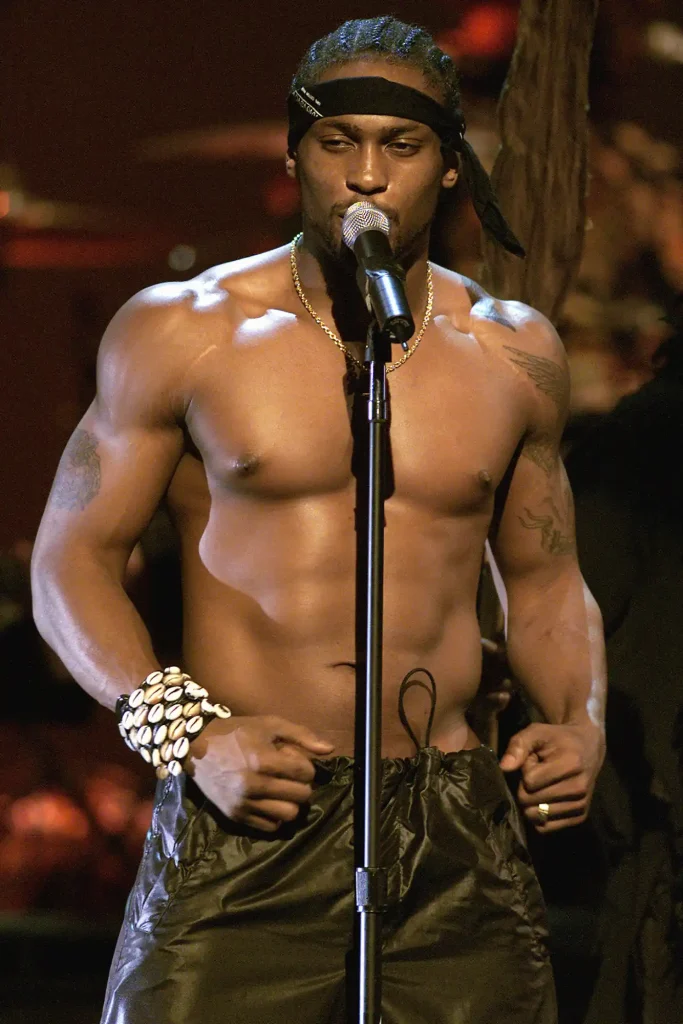
But fame came with a heavy cost. The pressures of the spotlight, creative expectations, and his growing discomfort with celebrity led D’Angelo to withdraw from public life for many years. For over a decade, fans waited in silence, unsure if he would ever return. And then, in 2014, he did — with Black Messiah, an album that was both a comeback and a cultural statement. The record addressed social unrest, racial injustice, and the pain of modern America while proving that his artistry had only deepened with time. Critics hailed it as a masterpiece, a reminder that true soul never fades.
Those who knew D’Angelo describe him as gentle, introspective, and deeply spiritual. Behind the fame was a man who cared deeply about authenticity, who found solace in his faith and his craft. He shied away from the industry’s chaos but poured everything into his music. Each note he sang seemed to come from a place far beyond the stage — a place of truth, pain, and love.
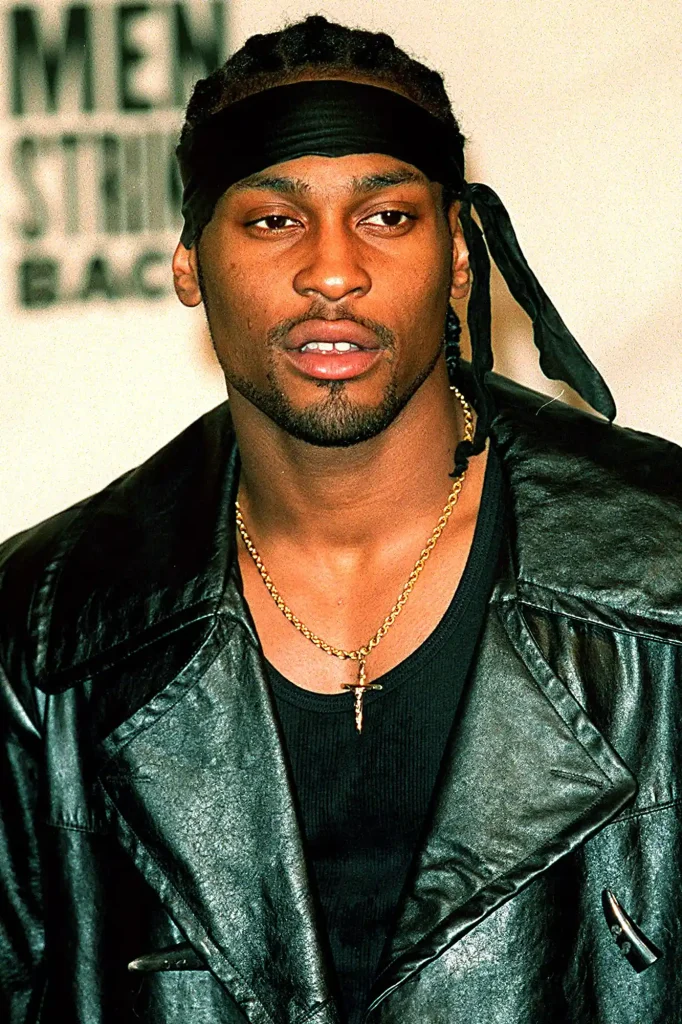
In his final years, D’Angelo reportedly focused on family and music in private, working quietly on unreleased material and mentoring younger artists who saw him as a guiding light. His influence can be heard across generations — from Bruno Mars and Anderson .Paak to The Weeknd and H.E.R. His sound, often described as “raw velvet,” shaped an entire movement and reintroduced the world to what soul music truly meant.
As tributes flood social media, fans are remembering not just his music but the emotion he gave to it. D’Angelo’s passing feels personal to many — like losing an old friend who once gave you comfort through a song. His voice may be gone, but his message endures: real art doesn’t chase fame; it finds truth.
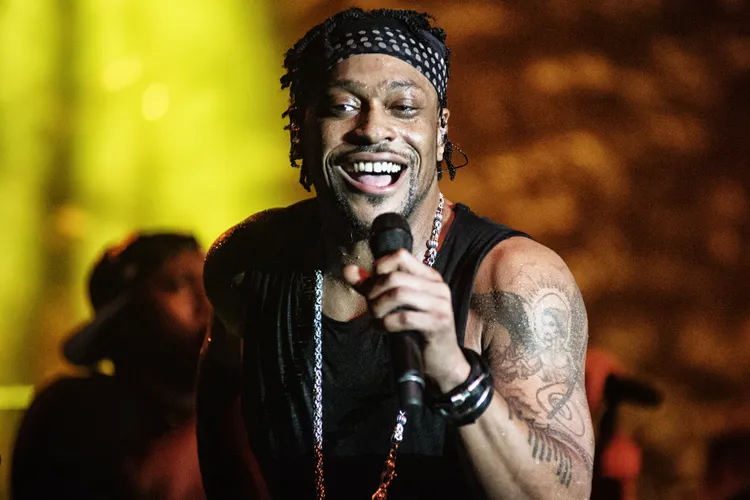
D’Angelo’s legacy will live on in every note that carries emotion, every lyric that dares to be vulnerable, and every artist brave enough to be real. The world lost a legend, but heaven just gained a voice of pure soul.
